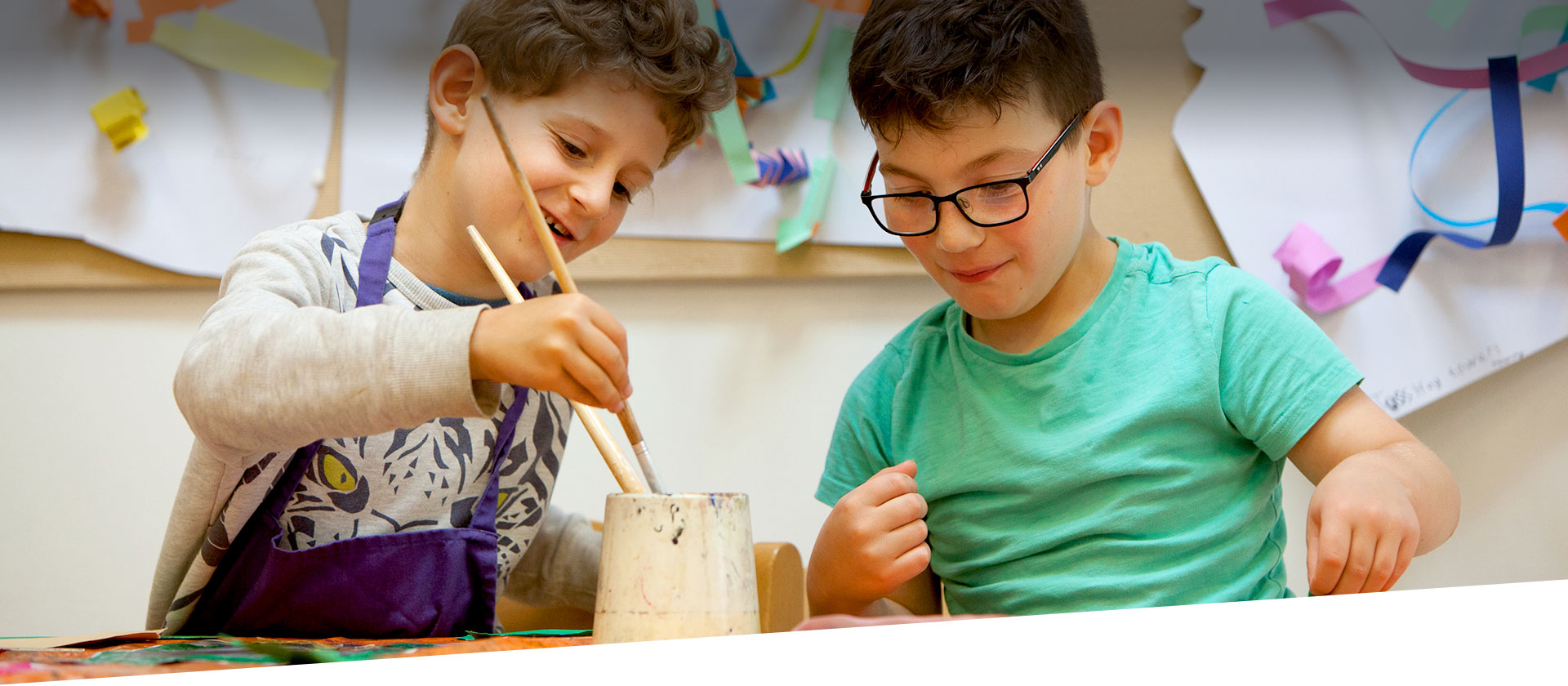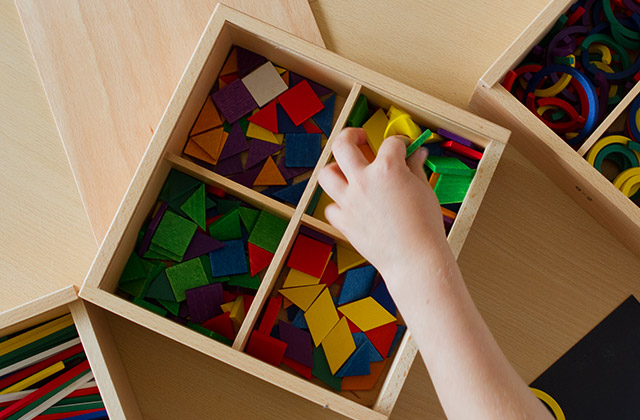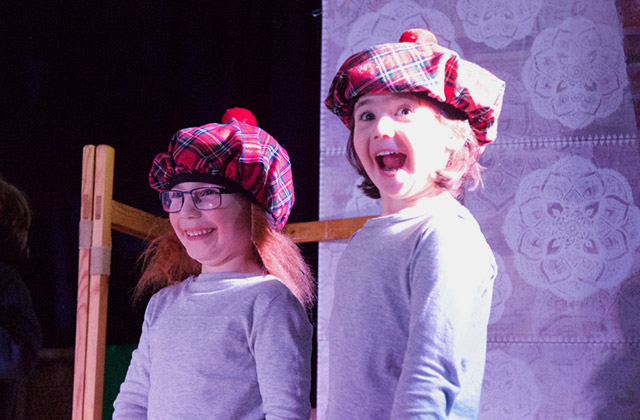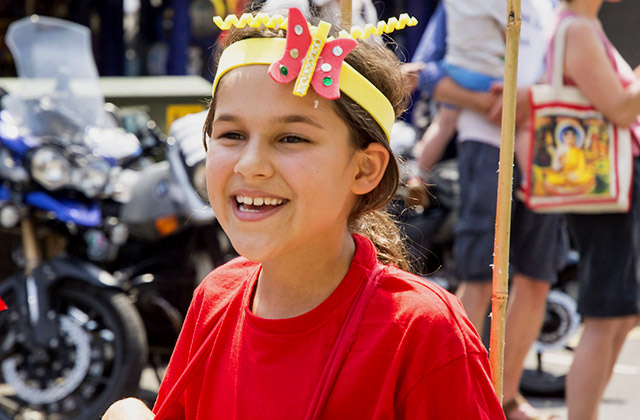
Curriculum
Our curriculum is organised in a holistic way using a thematic approach to teaching and learning designed to support children’s natural curiosity and stimulate their creativity.
Children work on projects in a cross-curricular way using foundations subjects such as history geography and science as the main focus. They demonstrate their knowledge and understanding through a wide range of media eg art, drama, music and movement. Children’s contributions are highly valued and children have a say in the documentation of their learning promoting their sense of responsibility and independence. Enquiry, problem solving, discovery learning, reasoning and creative thinking are strong features of classroom activity. Learning processes are made ‘visible’ to children with the process of learning being valued not just the end-product. End of project ‘presentations’ are planned with the children. Children are involved in self-evaluating and make connections in their learning.
Our creative curriculum has four stages:
Inspire – We inspire children through memorable visits and trips, with specialist visitors and WOW experiences to fuel excitement and motivation. Quality active learning challenges children’s thinking using real life and first-hand experiences.
Discover – Children follow new pathways of enquiry building on what they already know to discover new knowledge and develop new skills and understanding. Children are challenged with problems to solve and are inspired with imaginative and creative opportunities. They are faced with rich learning requiring their deepest thinking.
Create – They compose, make, build, investigate, explore, write for different purposes, read across the curriculum and take part in practical activities. They take on roles and responsibilities developing skills of negotiation, leadership and co-operation.
Communicate – Children become the performers, the experts, the informers. They share their achievements with others; publishing their work to an audience in written form, art work, drama, dance ICT or a presentation or classroom exhibition. Children evaluate their work through talk and reflection.

“Pupils are confident learners and develop good study skills because they are interested in the topics being covered and are well-supported by their teachers.”



